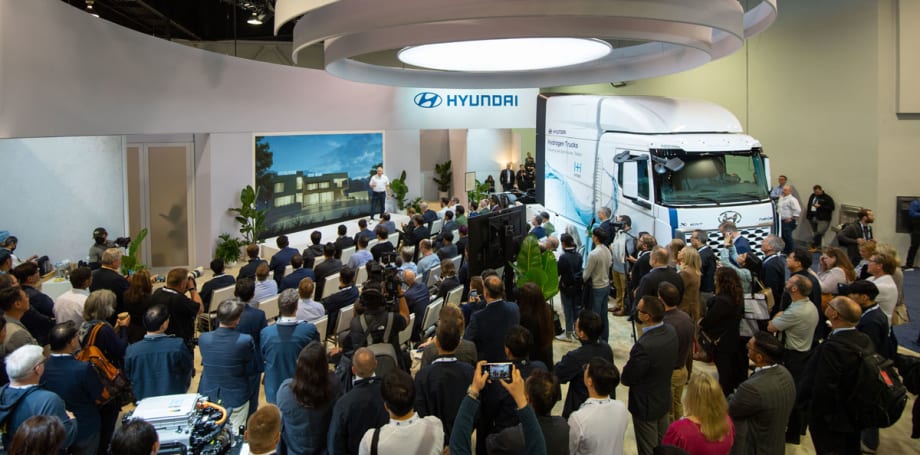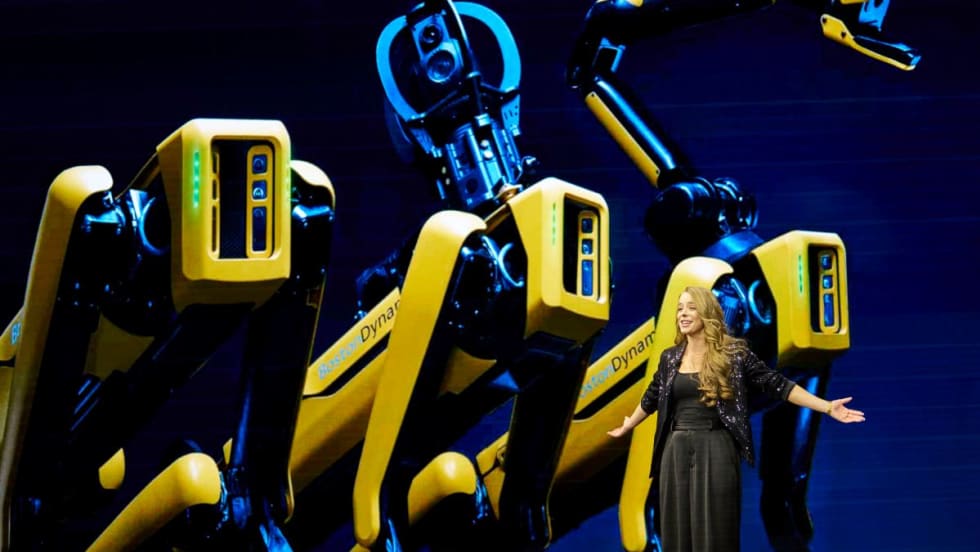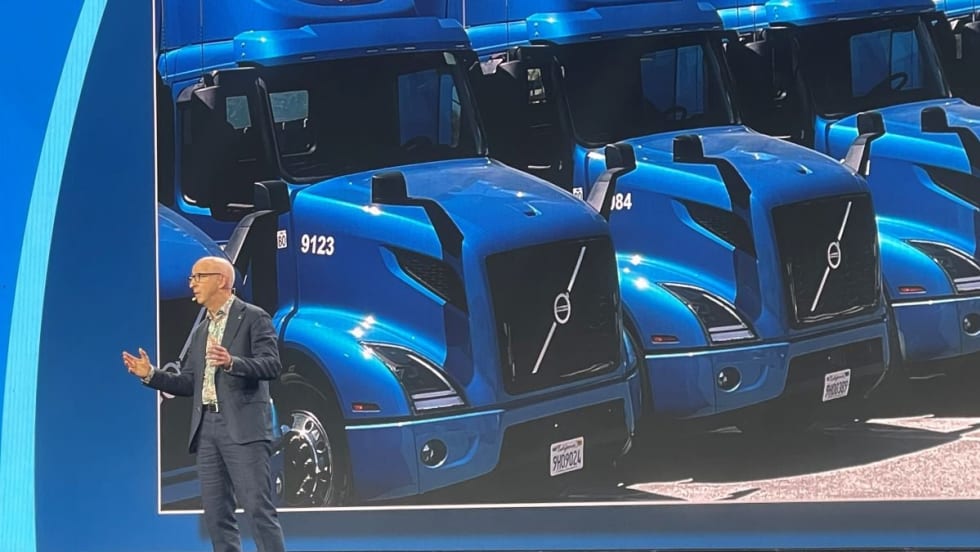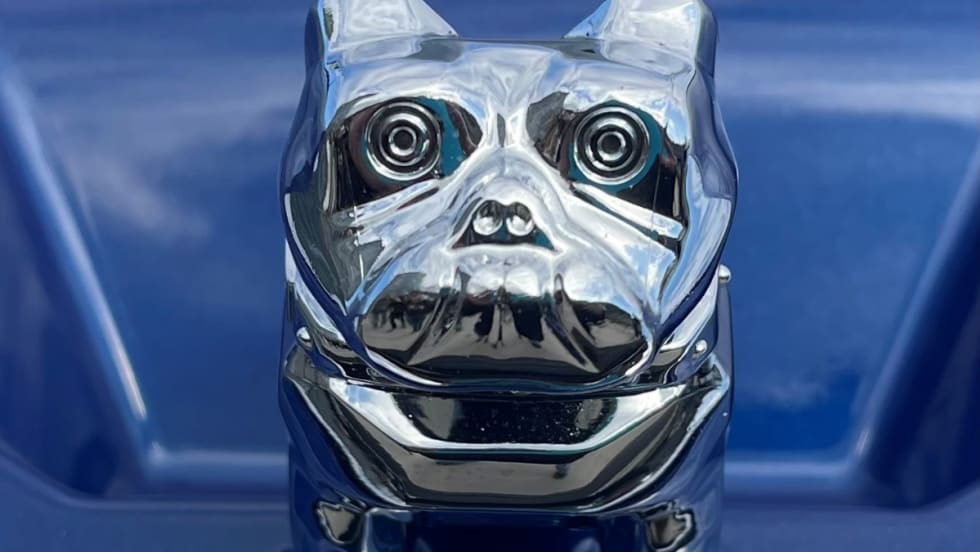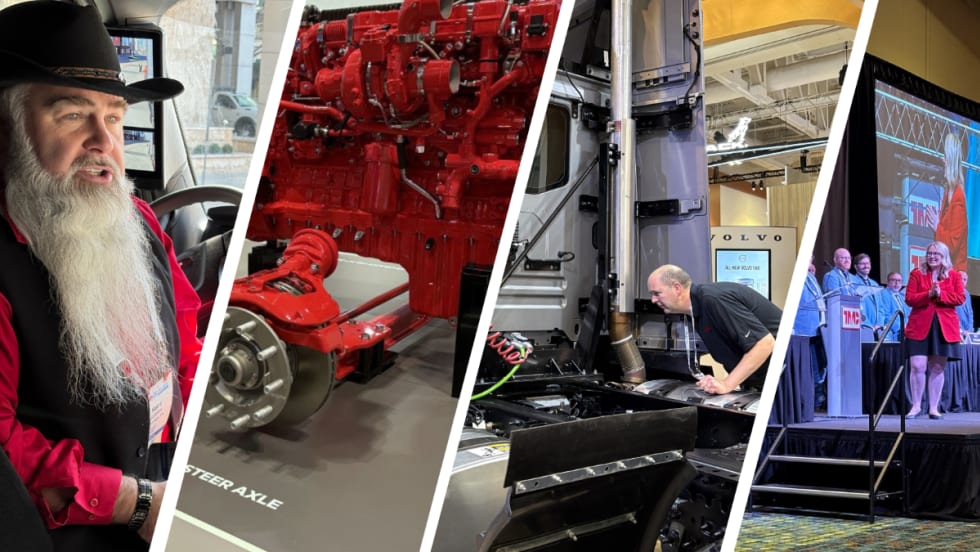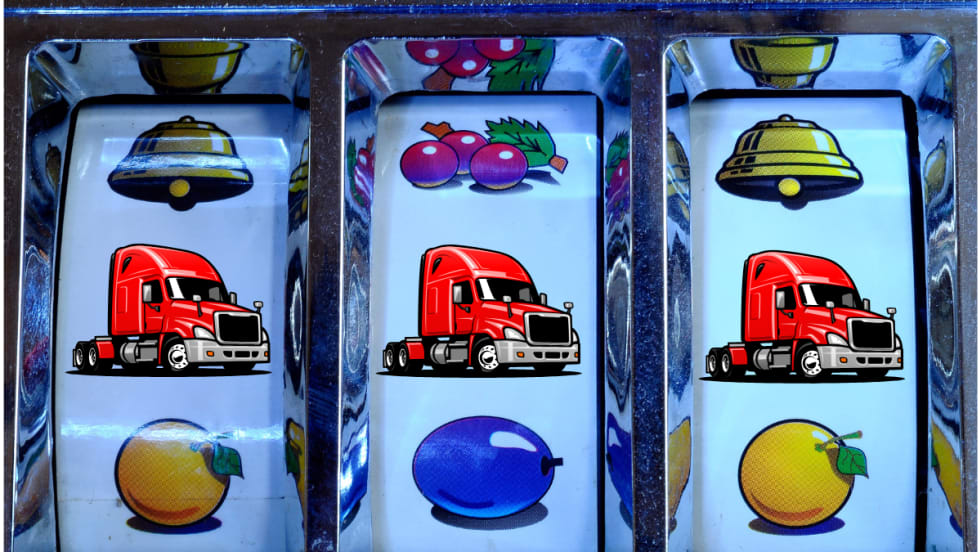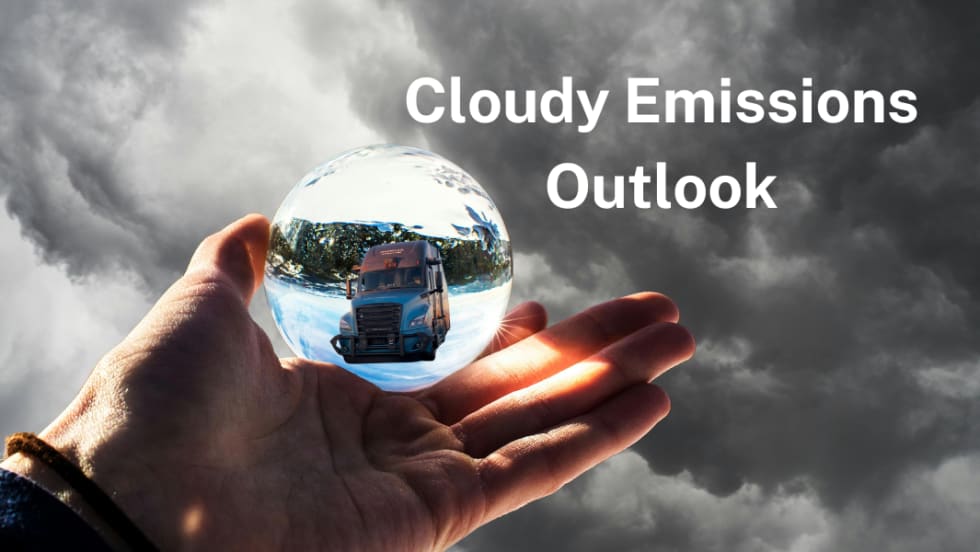“We need to scale this technology.”
If I heard some semblance of that plea once, I heard it a dozen times. This was in early May during the Advanced Clean Transportation Expo in Anaheim, California, which is focused on helping trucking transition away from fossil fuels to clean alternative fuels and zero-emissions technologies.
Since its inception, ACT Expo has served as a weather gauge highlighting that transformation. In its earliest days, the discussion involved reducing the country’s reliance on foreign oil, raising the alarm about climate change, and urging OEMs, supplier and fleets to take action before it was too late. This transformed into a feeling of cautious optimism in the years that followed, as OEMs reported encouraging news on their from-scratch efforts to design and deliver zero-emission trucks.
Just a couple of years ago, there was a real feeling of triumph at the show because the OEMs delivered on that challenge with wholly new generations of battery-electric and hydrogen fuel cell trucks (with other clean fuel technologies still in development.)
Frustration on EV Charging Infrastructure
But this celebratory mood has been tempered since then. Alarm about the almost-complete lack of infrastructure needed to support these new vehicles was raised at the show, along with calls for action and funding to address the problem.
This year, I think it’s fair to say there’s a growing sense of frustration that permeated the show. I believe that’s because two very stark realities are starting to set in, collectively, in the trucking industry.
First off, we’re at least two years into calls for substantive action on funding, building and opening new electric and hydrogen infrastructure facilities nationwide. And to date, almost nothing of substance has been done.
Moreover, with a slate of all-new battery-electric and hydrogen fuel cell trucks ready and waiting to go to work, no one is buying them — in many cases because of the funding and infrastructure roadblocks.
Three-Way ZEV Standoff
As a result, trucking finds itself in a tricky, three-way standoff that nobody is quite sure how to resolve:
The OEMs desperately need to sell zero-emissions trucks so they can start to recoup the billions of dollars they’ve invested in developing these vehicles, achieve economies of scale and lower prices.
But the fleets don’t want to buy because the trucks are considerably more expensive than diesel- or gasoline-powered trucks. And there’s no private or public infrastructure in place to support them even if they did start buying in large numbers.
Meanwhile, regulatory deadlines that will require the adoption of these new technologies are rushing headlong at trucking. And the global climate crisis continues to get worse each passing year.
Obviously, something needs to happen to break this alt-fuel logjam. Frankly, I don’t know what that could be.
What Will Break the Impasse?
The next round of EPA emissions regulations set for 2027 will be some kind of driver for more ZEV sales. And maybe – maybe – if the Democrats prevail in the 2024 election, they’ll have enough of a political mandate to put some meaningful incentives in place that can help fleets start to buy ZEVs in larger numbers. And, if that is the case, they might be able to address the infrastructure problem in a more productive fashion. There are still many unanswered questions as to who and how we’ll pay for all of these vastly expensive infrastructure projects.
But those are “ifs.” In the meantime, it looks as if trucking will have to endure this alt-fuel impasse for some time to come.
Big changes are coming to trucking. But it’s not going to happen at a speed that will make climate advocates happy. Unless something happens to break this current price-technology-infrastructure stalemate, trucking’s shift to a zero-emissions future is going to move at the speed of fossil fuels for the foreseeable future.




